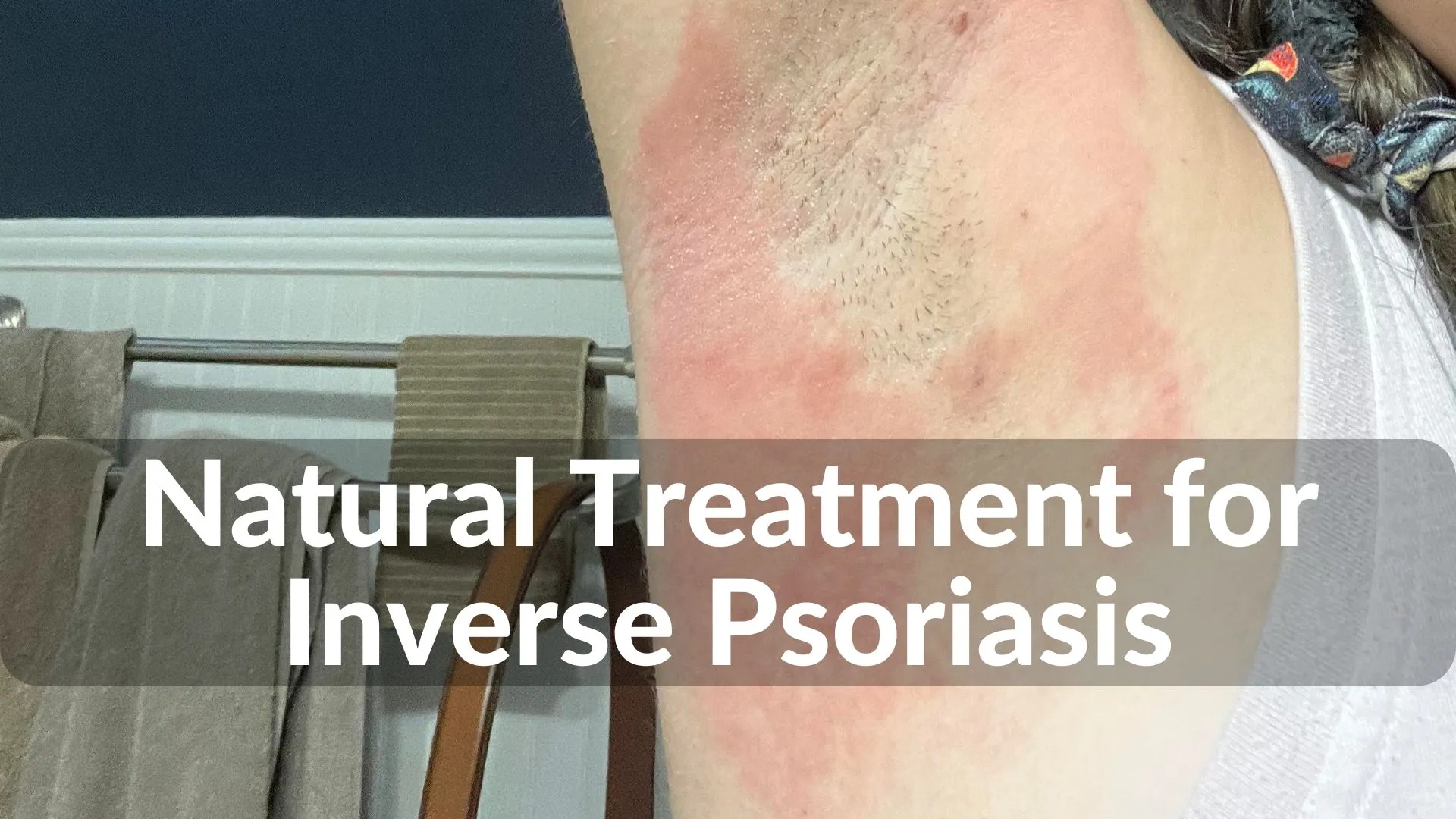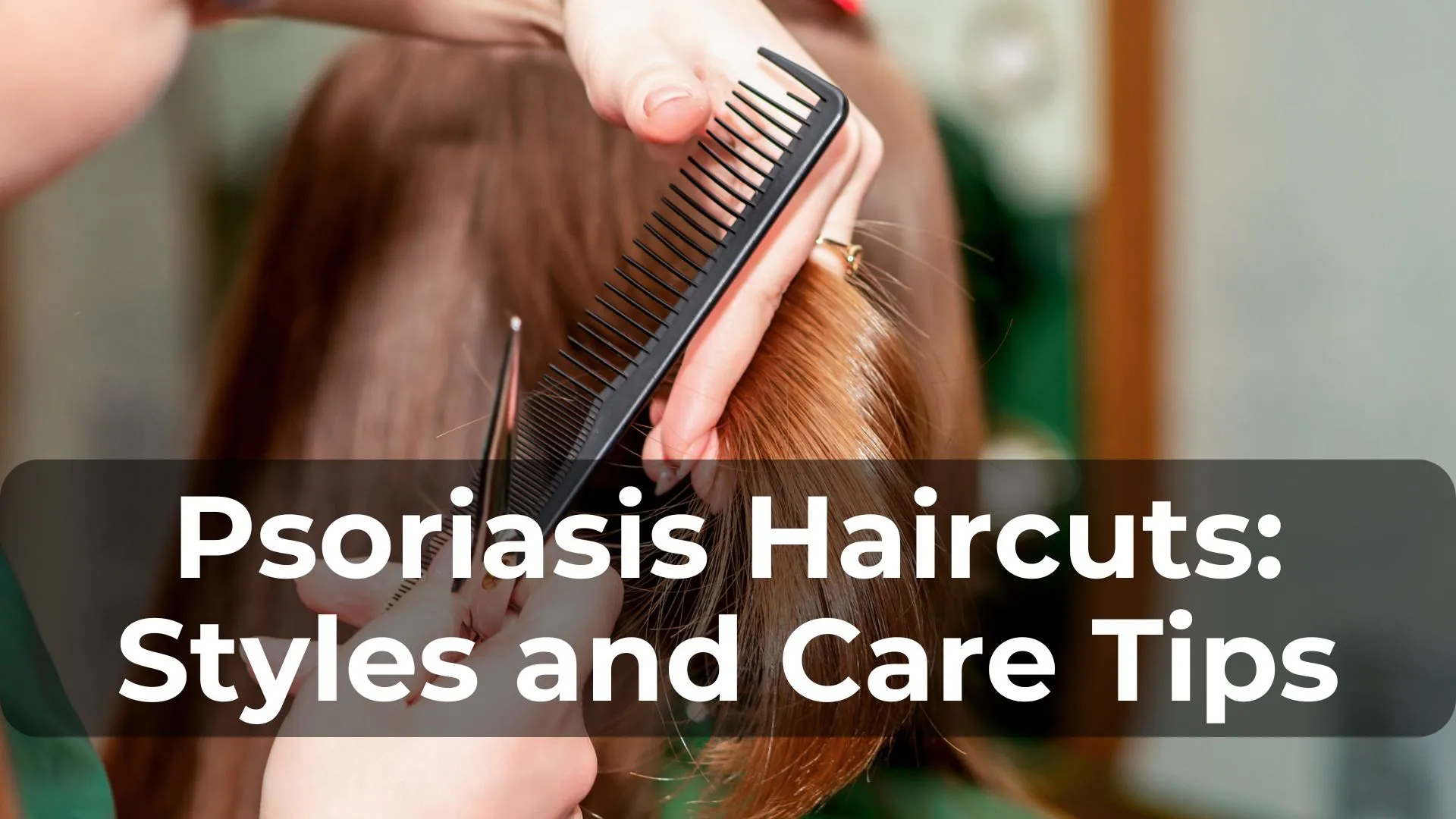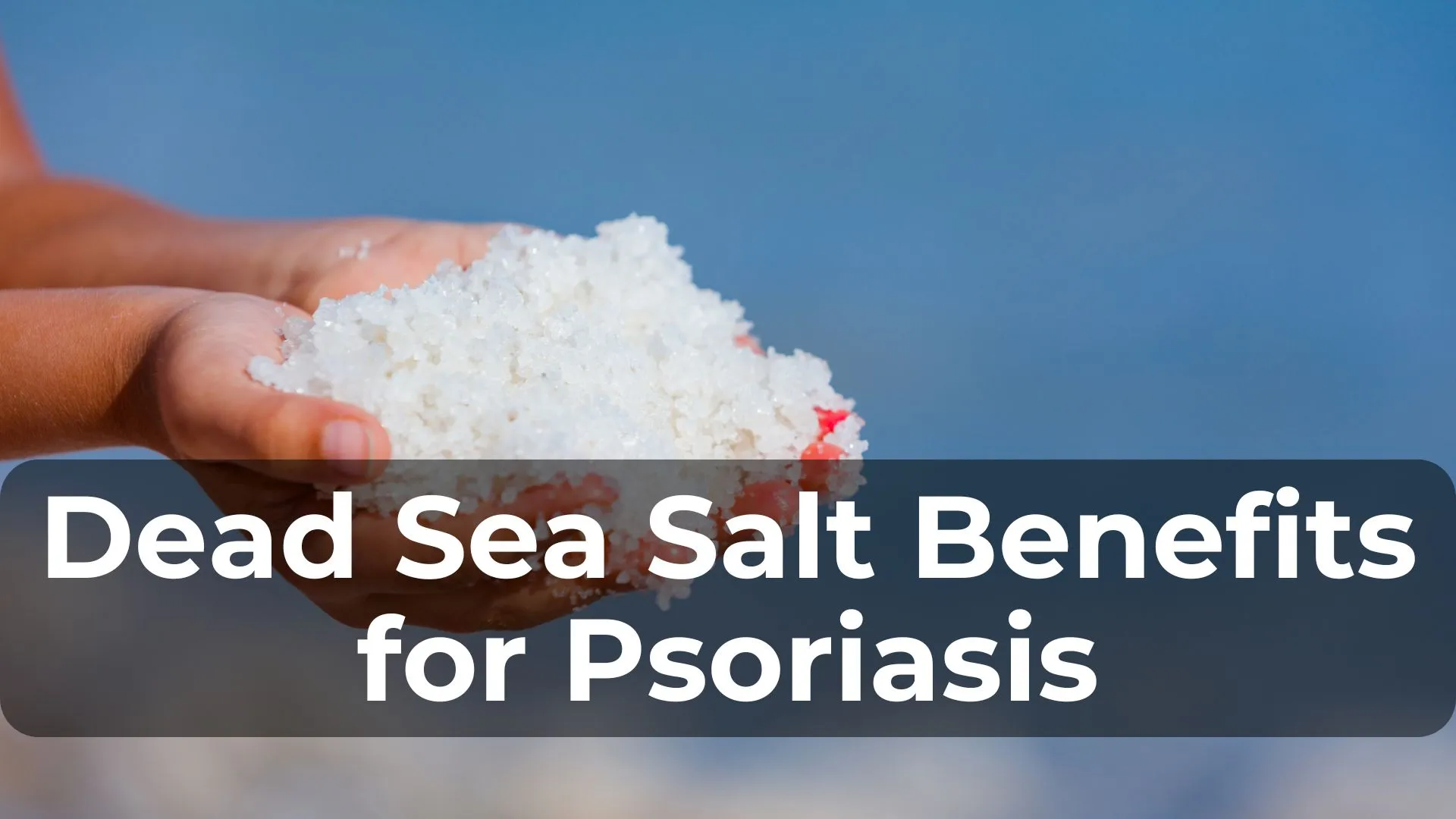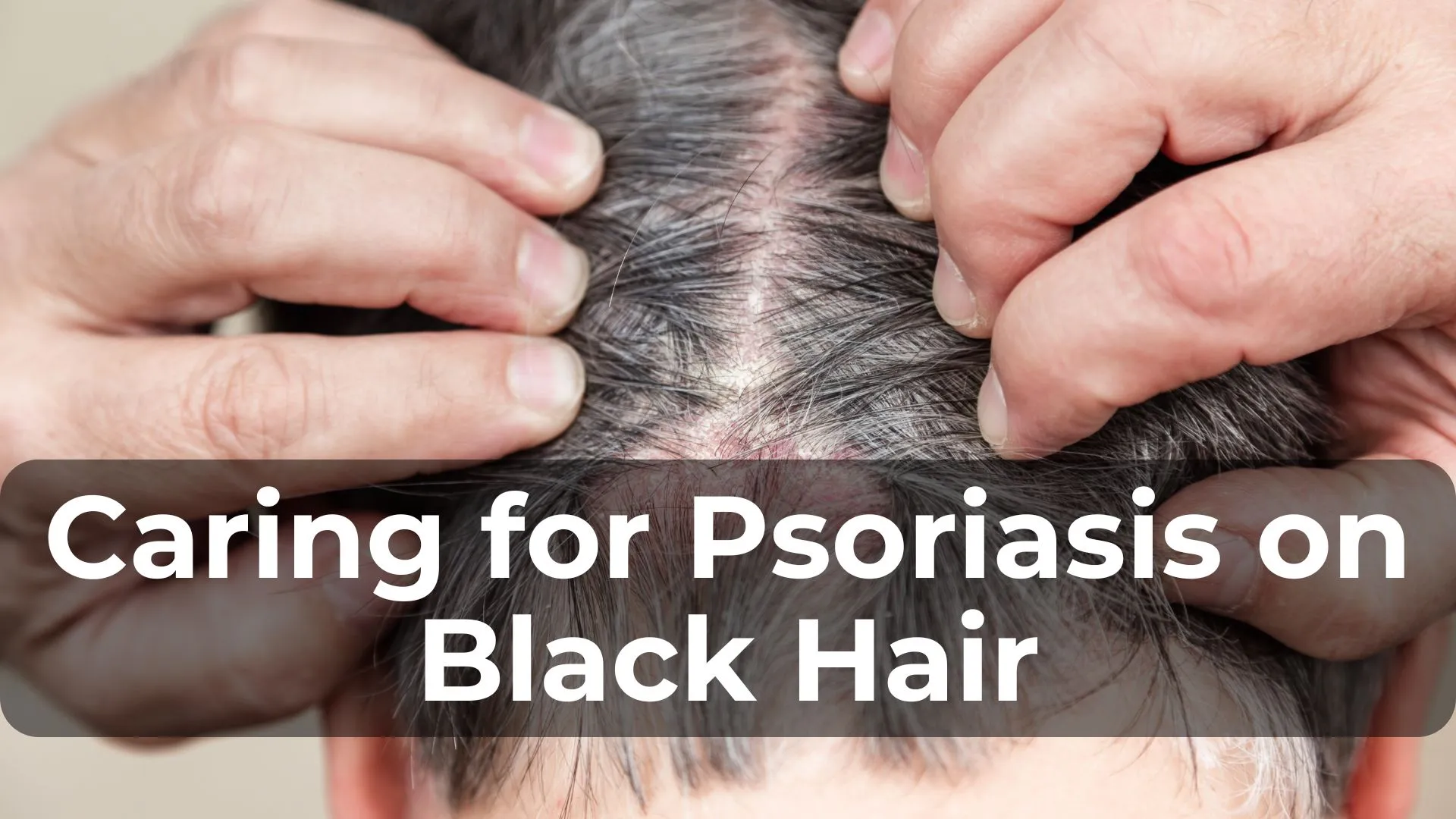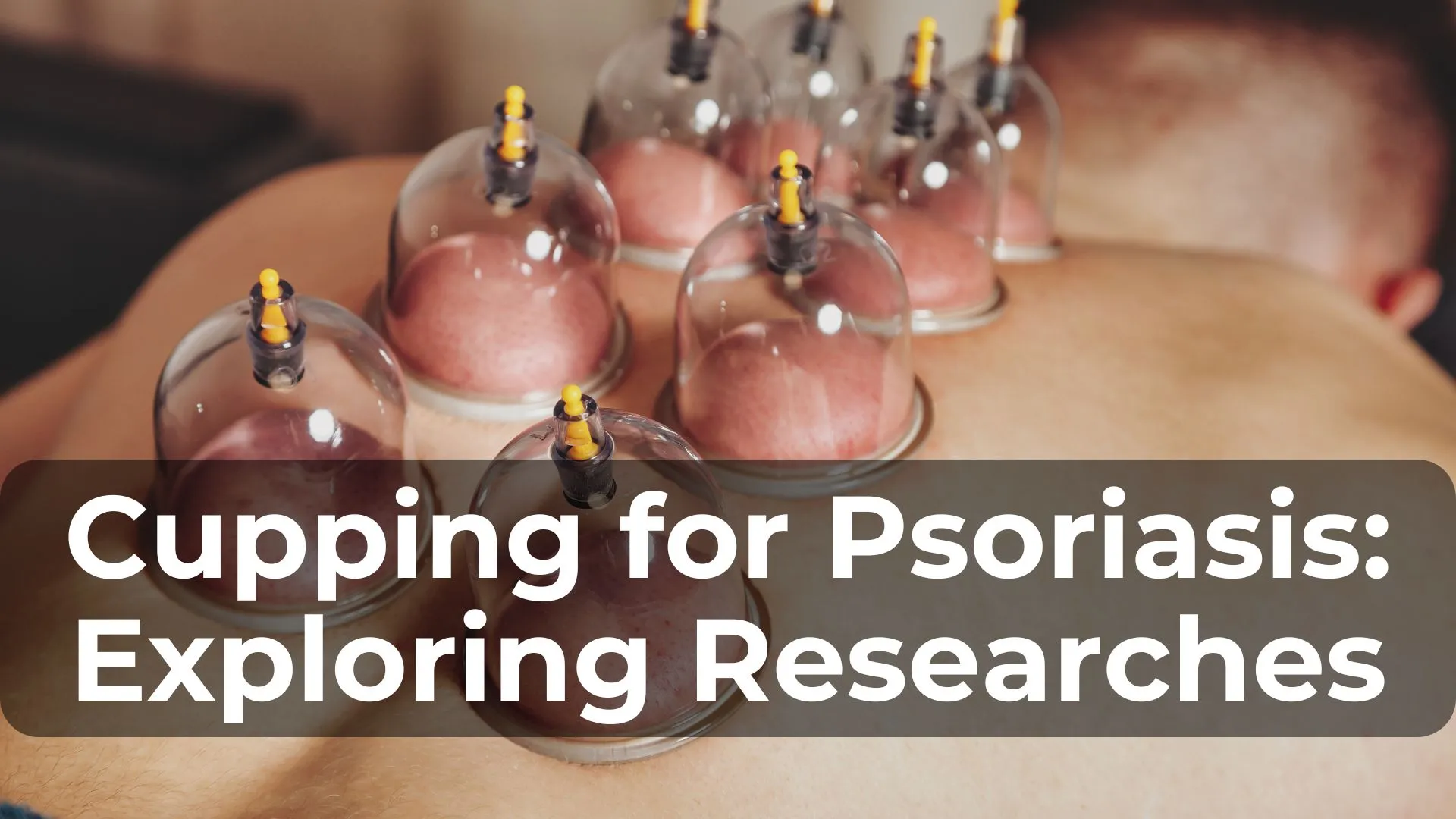Table of Contents
ToggleIntroduction
Living with inverse psoriasis can be challenging, as this type of psoriasis often affects sensitive areas of the body such as the armpits, groin, and under the breasts. Unlike other forms of psoriasis, inverse psoriasis presents as smooth, red patches of skin that can be intensely itchy and painful. While conventional treatments like corticosteroids and biologics can provide relief, many individuals seek natural and holistic approaches to manage their symptoms and promote overall well-being.
In this comprehensive guide, we explore the best natural treatments and holistic healing methods for inverse psoriasis in 2024. From dietary adjustments and herbal remedies to lifestyle changes and alternative therapies, discover effective strategies that can complement medical treatment and improve your quality of life. Whether you’re newly diagnosed or searching for additional support, this article aims to empower you with practical insights and actionable tips to navigate inverse psoriasis with confidence and resilience.
Understanding Inverse Psoriasis
What is Inverse Psoriasis?
Inverse psoriasis is a specific type of psoriasis characterized by smooth, red, inflamed patches of skin that develop in the folds and creases of the body. Unlike plaque psoriasis, which typically manifests as raised, scaly lesions on the elbows, knees, scalp, and lower back, inverse psoriasis appears in areas where skin rubs against skin, such as the armpits, groin, genitals, and under the breasts. These areas are more prone to friction and moisture, exacerbating the discomfort and sensitivity associated with the condition.
What are Inverse Psoriasis Symptoms and Challenges?
The symptoms of inverse psoriasis include:
- Smooth, Red Patches: Affected areas appear reddish and may lack the scaling common in other forms of psoriasis.
- Intense Itching and Discomfort: The skin in these areas is often sensitive, leading to itching, burning, and pain, especially during movement or friction.
- Increased Sensitivity to Irritants: Due to the location in skin folds, inverse psoriasis can be aggravated by sweat, friction from clothing, and certain topical products.
- Risk of Secondary Infections: The constant moisture and friction can create an environment conducive to fungal or bacterial infections, further complicating management.
- Psychological Impact: Living with visible symptoms in sensitive areas can impact self-esteem and quality of life, leading to emotional distress and social withdrawal.
Challenges in managing inverse psoriasis include finding effective treatments that alleviate symptoms without causing further irritation. Traditional treatments like corticosteroids may be less suitable due to the sensitivity of the affected areas, necessitating a holistic approach that considers both symptom relief and long-term skin health.
Understanding these symptoms and challenges is crucial for developing a comprehensive treatment plan that addresses the unique needs of individuals with inverse psoriasis. By exploring natural and holistic healing methods, it’s possible to manage symptoms effectively and improve overall well-being.
What is the root cause of Inverse Psoriasis?
After studying many patients, their symptoms, histories, and triggers, it becomes clear that the root cause of inverse psoriasis is often traced back to a common underlying issue.
Psoriasis, including its inverse form, is not merely a superficial skin condition but rather a manifestation of deeper systemic imbalances. According to a holistic perspective, psoriasis can be seen as the body’s external attempt to eliminate internal toxins. It is a response where the skin becomes the outlet for toxins that the body struggles to process effectively through other means.
In essence, psoriasis arises from a systemic imbalance characterized by the accumulation of toxins over time. These toxins provoke chronic inflammation, which ultimately manifests as the skin disease we recognize as psoriasis.
To put it simply:
- Psoriasis as a Systemic Response: Contrary to common belief, psoriasis is not primarily a skin issue; rather, it is a reflection of broader systemic dysfunction. The skin serves as a visible indicator of internal imbalances and toxicity.
- Immune System Dysregulation: The immune system, which normally functions to protect the body from pathogens, becomes overactive and hyper-responsive in individuals with psoriasis. This heightened immune response is triggered by a culmination of various stressors and factors, leading to the release of immune cells and inflammatory mediators that contribute to the development of psoriatic lesions.
Understanding the root cause of inverse psoriasis as a systemic imbalance allows for a more comprehensive approach to treatment. By addressing the underlying factors contributing to toxin accumulation and immune dysregulation, individuals can potentially manage their symptoms more effectively and improve their overall health and well-being.
Why Choose Natural Treatments and Holistic Healing for Inverse Psoriasis?
When considering treatment options for inverse psoriasis, natural treatments and holistic healing methods offer several distinct advantages over conventional approaches.
1. No Side Effects: Natural treatments often lack the adverse side effects commonly associated with pharmaceutical medications. This is particularly beneficial for sensitive areas affected by inverse psoriasis, where harsh chemicals may exacerbate symptoms or cause further irritation.
2. Holistic Approach: Holistic healing addresses the root cause of inverse psoriasis, focusing on systemic imbalances rather than just symptom management. By promoting overall health and well-being, holistic approaches aim to strengthen the body’s natural ability to heal and maintain balance.
3. Natural Ingredients: Many natural treatments utilize ingredients derived from plants and herbs known for their anti-inflammatory, antioxidant, and soothing properties. These ingredients can provide relief from itching, redness, and discomfort associated with inverse psoriasis without exposing the skin to synthetic chemicals.
4. Cost-Effectiveness: Compared to long-term pharmaceutical treatments, natural remedies and holistic therapies can be more cost-effective over time. They often involve readily available ingredients or lifestyle modifications that can be incorporated into daily routines without significant financial burden.
5. Better Overall Health: By focusing on natural and holistic healing, individuals with inverse psoriasis can improve their overall health beyond managing skin symptoms. Lifestyle changes such as dietary adjustments, stress management techniques, and regular exercise not only support skin health but also enhance immune function and promote general well-being.
Choosing natural treatments and holistic healing methods for inverse psoriasis not only addresses the visible symptoms but also supports long-term health and vitality. By embracing a holistic approach, individuals can empower themselves to manage their condition effectively while promoting a balanced and healthy lifestyle.
Best Natural Treatments and Holistic Healing for Inverse Psoriasis in 2024
Holistic healing emphasizes treating the whole person rather than just the symptoms of a disease. For inverse psoriasis, this means focusing on physical, chemical, emotional, and spiritual aspects to restore balance and support the body’s natural healing processes. Detoxification plays a crucial role in this approach, helping to eliminate toxins that contribute to inflammation and skin irritation.
Physical:
- Regular Exercise: Physical activity not only promotes circulation and cardiovascular health but also helps reduce stress, which can exacerbate psoriasis symptoms. Exercises like yoga or swimming are gentle on the skin and joints, making them ideal choices for individuals with inverse psoriasis.
- Sunlight Therapy: Exposure to natural sunlight can help alleviate symptoms of psoriasis due to its beneficial effects on skin inflammation and immune modulation. However, it’s important to practice safe sun exposure and avoid overexposure to prevent sunburn.
Chemical:
- Dietary Changes: Adopting an anti-inflammatory diet rich in fruits, vegetables, lean proteins, and omega-3 fatty acids can help reduce inflammation and support skin health. Avoiding trigger foods such as processed foods, alcohol, and refined sugars may also benefit individuals with psoriasis.
- Detoxification: Cleansing the body of toxins through methods like drinking plenty of water, consuming detoxifying foods (e.g., leafy greens, lemon water), and possibly incorporating periodic fasting or juice cleanses can support overall health and alleviate psoriasis symptoms.
- Supplements: Certain supplements such as vitamin D, omega-3 fatty acids, and probiotics may help modulate immune function and reduce inflammation associated with psoriasis. Consultation with a healthcare provider is recommended before starting any supplement regimen.
Emotional/Spiritual:
Addressing emotional well-being is essential in managing psoriasis, as stress and emotional distress can exacerbate symptoms. Techniques such as mindfulness meditation, deep breathing exercises, and seeking support from friends, family, or a therapist can help manage stress and improve overall emotional health.
Natural Remedies:
There are numerous natural remedies including herbs, teas, and essential oils known for their anti-inflammatory and soothing properties. While these can provide symptomatic relief and promote skin healing, they are typically part of a comprehensive treatment plan rather than standalone cures for psoriasis.
It’s important to approach natural treatments and holistic healing for inverse psoriasis with patience and consistency. Integrating these approaches into daily life can support long-term management of symptoms and contribute to overall health and well-being.
Conclusion
Managing inverse psoriasis effectively involves a multifaceted approach that combines conventional treatments with natural and holistic healing methods. By understanding the root causes of psoriasis and addressing systemic imbalances, individuals can alleviate symptoms and promote long-term skin health. Natural treatments, including dietary adjustments, herbal remedies, and lifestyle changes, offer safe and effective alternatives to pharmaceuticals, emphasizing overall well-being and quality of life. Whether integrating sunlight therapy, practicing mindfulness, or exploring personalized protocols like the Psoriasis Freedom Protocol, there are diverse options to support healing from within. By taking proactive steps and embracing a holistic mindset, individuals can empower themselves to manage inverse psoriasis with confidence and achieve lasting freedom from its symptoms.

